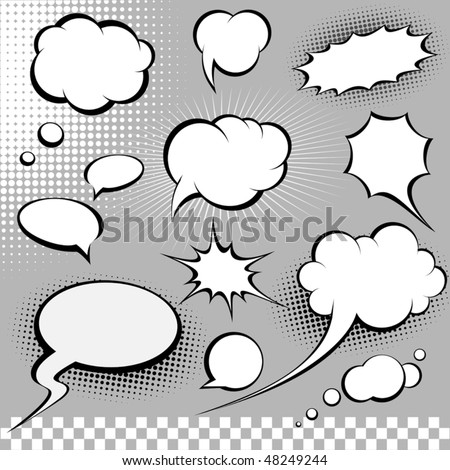 Hate speech is objectively a bad choice.
Hate speech is objectively a bad choice. But the rest of it - of all speech, really - is largely, if not entirely, in the ears of the beholder.
How to choose what to say, when to say, how to say....inevitably risks bad choices.
Personally, I hate foul language. I rarely use it and rarely like hearing it from others (a few notable exceptions come to mind, but they are exceptions because of who they are, and they don't overpower my norms). Others use foul language to fit into their environment, or because they think it's cool, or because they don't even notice "foul language" as distinct from all other language.

The best is when you are comfortable enough in conversation to not worry about speaking properly or nicely. I once found myself shopping for dinnerware, and in perfect agreement with my shopping buddy regarding what was "horrible." And then I suggested that now that we knew we were comfortable enough to speak so freely, we might do well to refrain from using the extreme language. After all, we might not always agree. Indeed, the next time (or the only subsequent time that matters) he expressed his view that something was horrible was after pushing me for my opinion of something rather private and precious. "Horrible" may have been his legitimate opinion, but I'm fairly certain that we would have been better off if, in his comfort to share his true perspective, he had been wise enough to rephrase, if only just that once.
Sometimes, people utter their views with extreme language. That approach is testimony to their passion, and fairly impressive and even enticing to one who has been trained to academic caution (couching every statement in hesitation, lest it be disproven down the road) - that would be me. The danger of expressing yourself with vehemence or effusiveness, however, is that people may well take you seriously, and you may indeed be "disproven down the road," or simply change your mind (with equivalent vehemence or effusiveness)- in which case, you are less likely to be taken seriously the next time around. For the kind of person who is extreme in his or her thinking and open enough to express that passion, not being taken seriously would surely be a prime insult.
How to say what to say when to say....In a sense, the very willingness to speak leads to risky choices.
Perhaps it is "better to remain silent and be thought a fool, then to open your mouth and remove all doubt" (taken from Proverbs: "Even a fool, when he holds his peace, is thought wise; he who seals his lips is considered a person of understanding" (17:28).
But the benefits of positive communication are truly tempting, even with the pitfalls of saying the wrong thing.

I am reminded of my niece Margalite. She now voices her five-year-old opinions by saying "I hate peas/etc....I mean it's not my taste".
ReplyDeleteExactly! On the one hand, it's comical - especially in little kids. On the other hand, that early training can/should prevent all kinds of hurt feelings down the road.
ReplyDelete